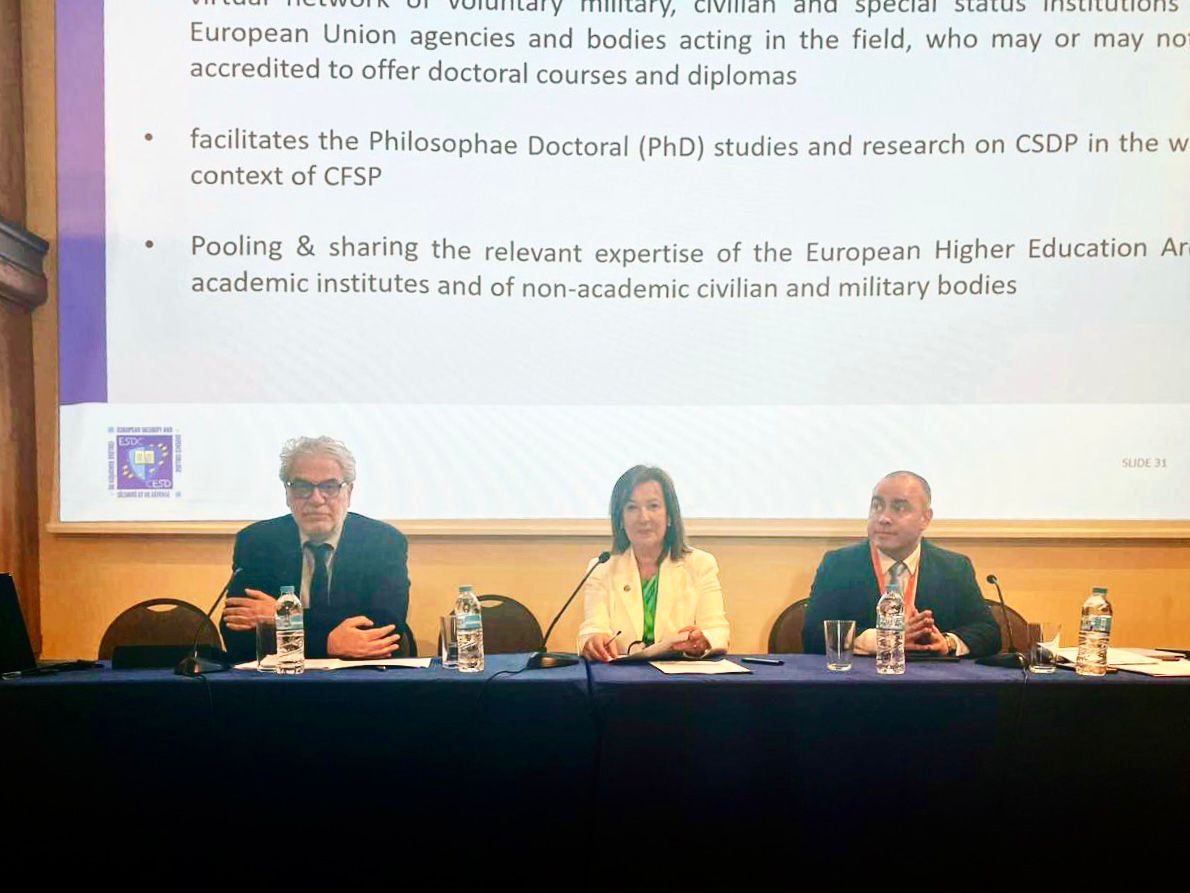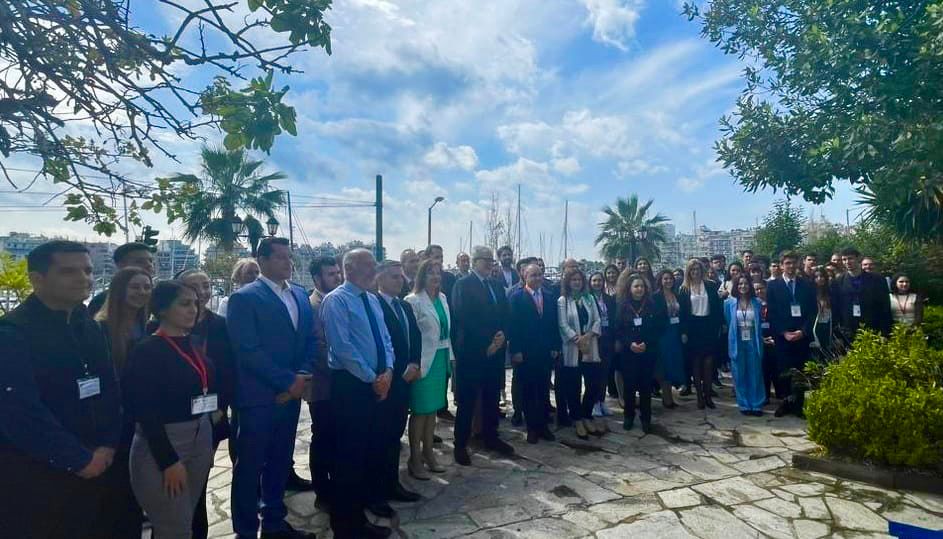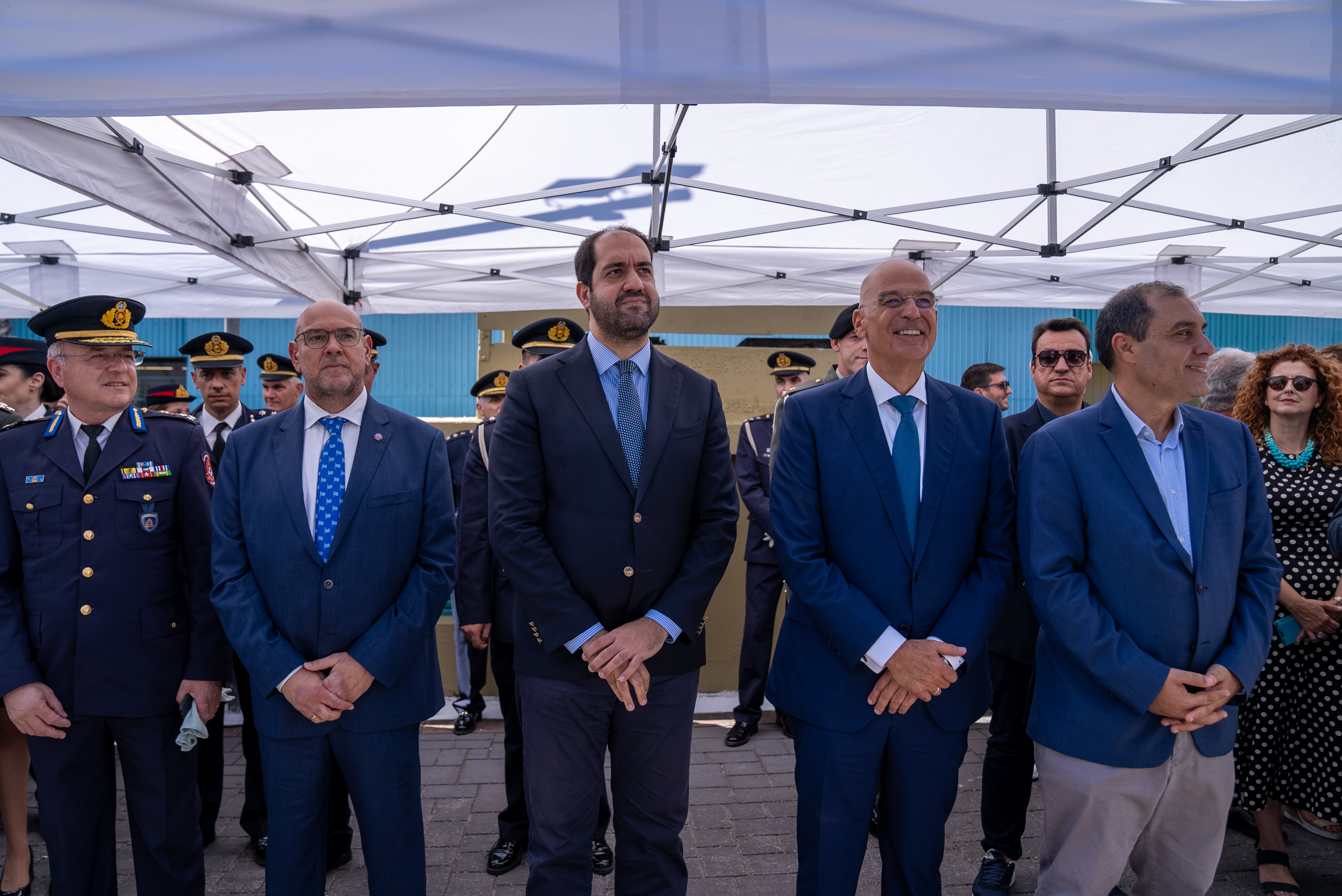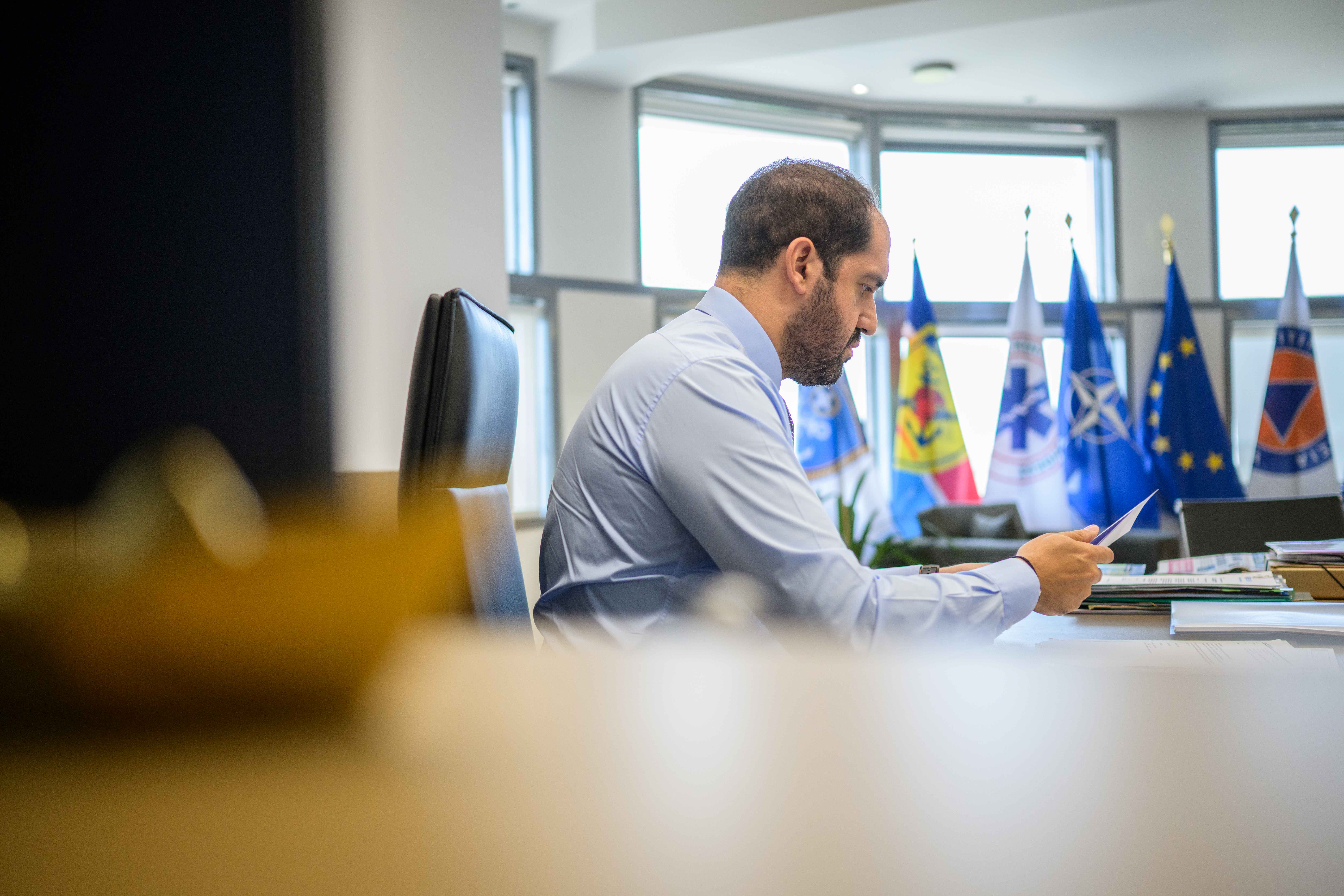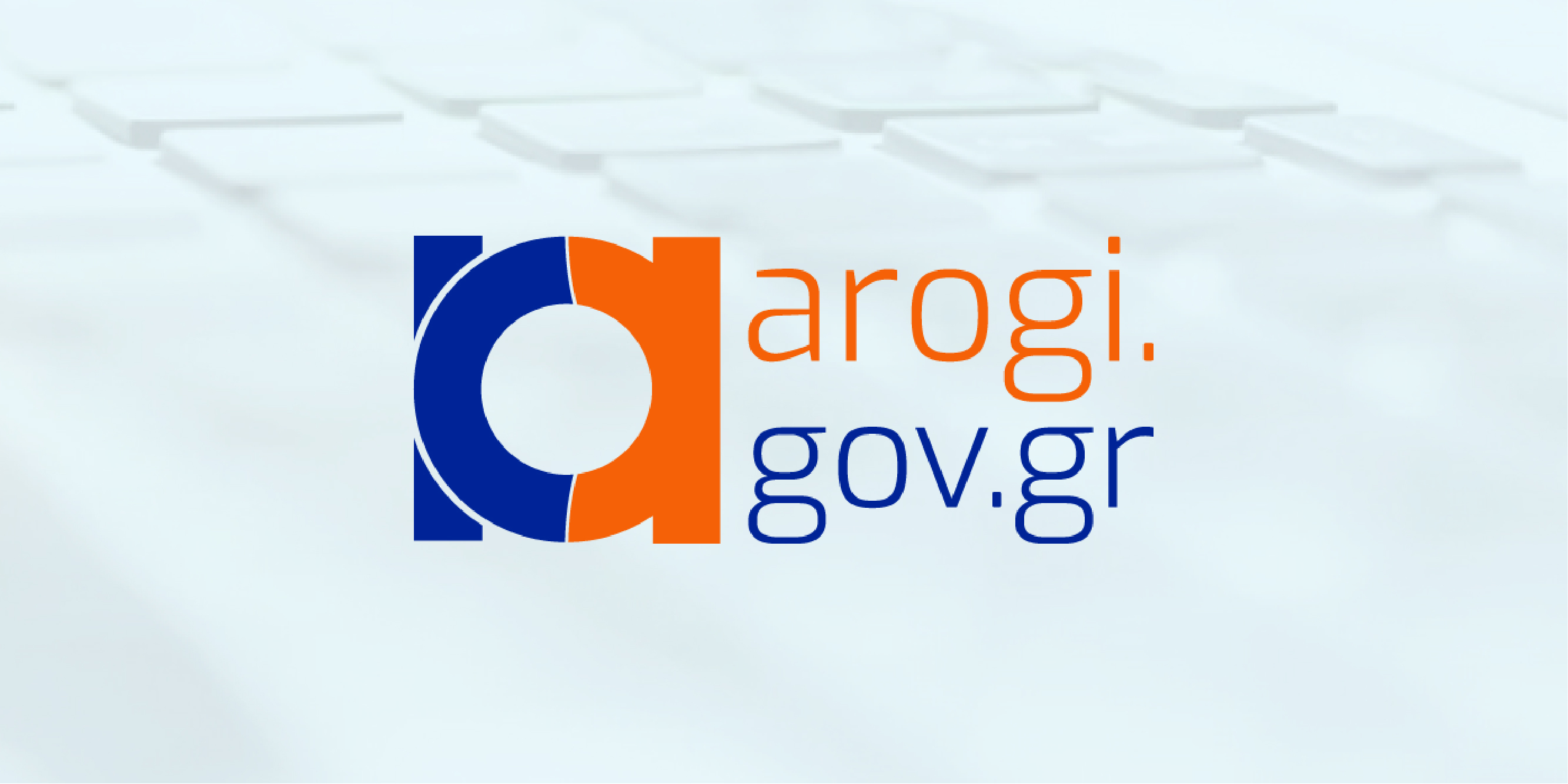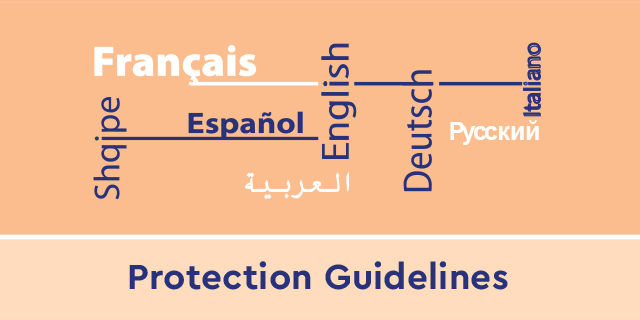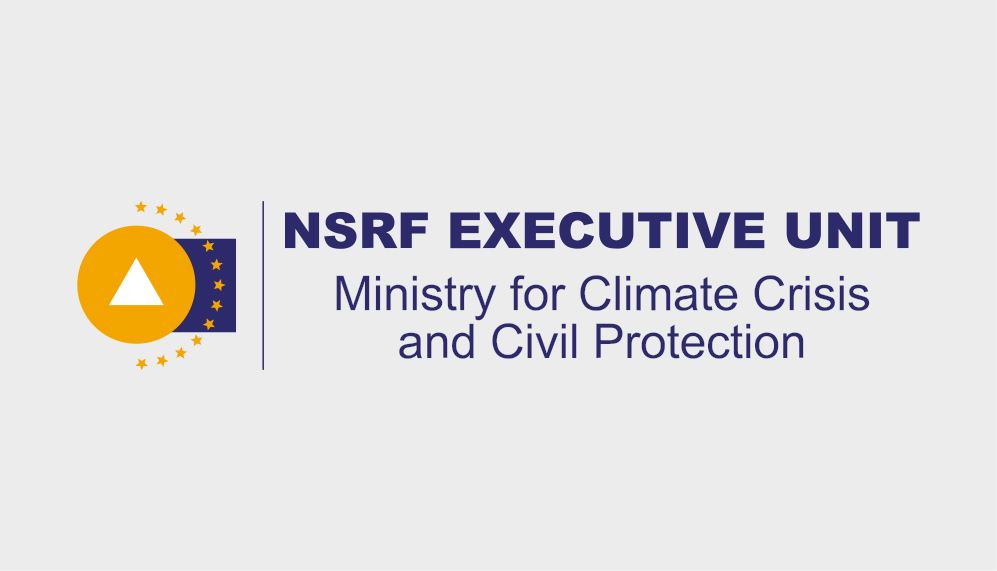Speech - Article
Ομιλία Χρήστου Στυλιανίδη σε συνέδριο του Πανεπιστημίου Πειραιά και της Διδακτορικής Σχολής του Ευρωπαϊκού Κολεγίου Ασφάλειας και Άμυνας

Στο συνέδριο Μεθοδολογίας Έρευνας για την Κοινή Πολιτική Ασφάλειας και Άμυνας, που αποτέλεσε μια συνδιοργάνωση του Πανεπιστημίου Πειραιά και της Διδακτορικής Σχολής του Ευρωπαϊκού Κολεγίου Ασφάλειας και Άμυνας, της Ευρωπαϊκής Υπηρεσίας Εξωτερικής Δράσης, συμμετείχε ο Υπουργός Κλιματικής Κρίσης και Πολιτικής Προστασίας κ. Χρήστος Στυλιανίδης. Υπό τη θεματική «An Old Player amidst a New World: The awakening of a Geopolitical Europe?» ο Υπουργός Κλιματικής Κρίσης και Πολιτικής Προστασίας και πρώην Επίτροπος Ανθρωπιστικής Βοήθειας και Διαχείρισης Κρίσεων, μίλησε σε υποψήφιους Διδάκτορες και Καθηγητές από όλη την Ευρώπη για τις διεθνείς και ευρωπαϊκές γεωπολιτικές και κοινωνικο-οικονομικές εξελίξεις συμπεριλαμβανομένης και της κλιματικής κρίσης.
Ακολουθεί ολόκληρη η ομιλία του κ. Χρήστου Στυλιανίδη στα αγγλικά:
Check against delivery
Dear students,
Dear Professors,
Ladies and Gentlemen,
Let me start by thanking the University of Piraeus and the European Security and Defence College for this kind invitation to join you today. At this very important Research Methodology Course on Common Security and Defence Policy (CSDP). Special thanks to Professor Foteini Asderaki for making my participation possible. It’s a real pleasure for me to have the opportunity to engage with a distinguished group of academics, experts, students, and professionals. For us politicians and policy makers this kind of engagements are very useful. They allow us to escape from the “institutionalization” that our job, inevitably, entails. So, I am very pleased to join you here today. In my capacity as Minister for Climate Crisis and Civil Protection of Greece. But also, as a former European Commissioner for Humanitarian Aid and Crisis Management. I will share with you my thoughts and insights on one of the biggest – if not the biggest - challenges we face today: climate crisis. A multidimensional and particularly complex issue. Which is very much interlinked with the new geopolitical environment. With the volatility of the geopolitical system. In Europe but also in our neighborhood . I am sure we all agree that the Russian invasion of Ukraine is a turning point. That has shaped the geopolitical developments. It has brought to the forefront the challenges about the role of Europe as a geopolitical actor. And as a transatlantic partner with the United States. And accelerated the discussion about the ways Europe and Member-States must adjust to tackle the consequences of this geopolitical volatility. I am sure all of these will be part of your deliberations.
Dear friends,
I approach this event as a “brainstorming” session among knowledgeable and concerned individuals. A distinguished group of students and academics. The vast majority of you being more knowledgeable than me! So, I am not here to lecture you. Or give you all the answers. I am here to put on the table the hard questions and dilemmas. And share my thoughts about the best ways to address them in a realistic framework. So, I am grateful for the chance to contribute to the discussion about the meaning of what has been called “geopolitical Europe”.
The Big Geopolitical Picture
Allow me to start with the big picture. To lay out the political aspects which underline the strategy towards a greener and more sustainable future. And how this strategy is affected by the hard geopolitical realities. As I already said, the war in Ukraine has destabilized the geopolitical system. This is a war within Europe. And it is our moral and political obligation to continue standing on the right side of history. With the Ukrainian people. And against Russian aggression. As a result of this war, both Europe and the United States are re-orienting their geopolitical priorities. At the same time, climate change, climate crisis, remains one of the most pressing challenges for our planet. As we all know, climate change is causing more frequent and severe natural disasters: wildfires, severe floods, and droughts. Extreme weather phenomena are the “new normal” all across the globe. The facts speak for themselves. Our predicament is obvious: we are trying to balance between an acute energy crisis and our obligations as global actors. Including leading the efforts to tackle the consequences of climate change. So, the challenge is huge. The dilemmas are hard. In politics, we have to make difficult choices. Based on our principles. But also grounded on realism and rationalism. There is no question that our strategic goal is to fully implement our commitments identified in the European “Green Deal”. But also, our global commitments under the Paris Agreement. But to achieve our common strategic goal we need flexibility. We need readiness to adjust our interconnected – and sometimes “controversial” – policies. This is dictated by geopolitical and socioeconomic developments. And by real life. By the everyday life of the ordinary people.
Let me explain.
The new geopolitical environment created by the war in Ukraine has led to unpresented uncertainty. Inflation, fluctuating energy prices, and higher interest rates. All create a volatile environment. An environment which puts pressure both on governments but also on the society. So, we recognize that governments across the globe and societies find it very difficult to implement commitments. We are at cross-roads. At a critical juncture. That’s why, as Prime Minister Mitsotakis said at his address to COP 27, “we need radicalism as well as realism”. Our actions must shield our societies from populist forces. Both in Europe and in the US (for example Trump). And – at the same time – we need to address more thoroughly – more in depth - key issues such as:
-
- How are we going to engage the whole society in this effort? Demand drives Supply after all!
- How can we give sufficient – real - incentives to the business sector to invest in a greener future? Incentives which are additional and beyond the Corporate Social Responsibility actions.
- How can policymakers promote Research and Development in new greener technologies?
Dear friends,
While we remain focused on our strategic goal, we must demonstrate the necessary reflexes. And be flexible. Adjustable. For example, discuss short-term measures, like increasing lignite production as we did here in Greece. Tempοrary compromises until we overcome the energy crisis. To be able to focus on the implementation of our strategic goal. Because, as Prime Minister Mitsotakis said, “without energy security there is no energy transition”.
So, we need to safeguard the present, to build a sustainable future. And to achieve that we need:
-
- First, society on our side.
- And second, inclusive governments and political leaders with a vision. Who can build bridges.
Governments that adopt realistic policies to:
-
- promote greener investments in new technologies such as hydrogen.
- engage the consumers. The society overall.
- Adapt to the consequences of climate change.
For the Greek government, tackling climate crisis is very high on the agenda.
Both the establishment of the Ministry for Climate Crisis and Civil Protection as well as the first national climate law, which has been adopted, are tangible proof of this.
Our aim for the future is twofold:
- To double our renewable capacity by the end of the decade, and
- To become the new energy corridor for green energy into Europe.
We want to help carry energy and hydrogen from North Africa and the Middle East to Europe. The Greek government is moving toward this direction through targeted discussions and actions. Such as, for example, the GREGY Interconnector Project with Egypt for green energy imports. In this effort towards the green transition, European unity is paramount. We cannot allow Putin’s Russia or any other player or factor to undermine our unity. It is our moral and political duty to act together. To join forces. To protect our unity. And to preserve European solidarity. And there is no better field where European solidarity has concrete results than the interlinkage between climate crisis and civil protection. And our response to natural disasters.
The European Union as a global actor
Dear colleagues,
The global geopolitical system moved away from the “unipolar moment” of the early 1990s. To a multipolar distribution of power today. We are more connected than ever before in human history: politically, economically, socially. Communication methods are fast and diverse. These global developments have many positive effects. But they also create new challenges. Unilateralism is no longer a viable approach to address global challenges. Even a state as powerful as the United States, cannot face the enormity of a challenge like climate crisis, alone. In Europe, we have learned this the hard way. We know that division and unilateralism only bring catastrophe. That is why from the ashes of World War Two, European countries came together. Built the European Union. An ambitious idea. To secure peace.But recently our unity has been put to the test — the financial crisis, the refugee crisis, Brexit. And now the war in Ukraine.It’s, therefore, imperative to safeguard European unity. This is a precondition to preserve the European Union as a vibrant, forward-looking global power. To be able to play effectively its geopolitical role.To that end preserving and strengthening the transatlantic relations is key.
EU-Transatlantic relations
Dear colleagues,
I have always been a strong believer in our transatlantic bond. And that has not changed. Since the end of World War Two, the United States has invested in a peaceful and prosperous Europe. The Marshall Plan helped rebuild Europe. And NATO created a strong security anchor to defend the western world. I strongly believe the EU-US partnership is indispensable for addressing today’s global challenges. Especially in light of the war in Ukraine and the destabilizing role of Russia. And, of course, the challenge presented by China. The EU and the US complement each other. Strengthen each other.Stated simply, I believe the world is a safer place when the EU and US stand shoulder to shoulder. But when transatlantic cooperation fails, our common interests suffer. And benefits those who would challenge the rules-based international order. Transatlantic divides always make headlines. But what unites us is far greater than what divides us. Let’s never forget that. So, preserving the strong EU-US partnership is paramount. No less because this is the way for Europe to become really geopolitical.
Dear friends,
The times are challenging. The dilemmas are hard. And the cost of inaction is higher than ever. But let me repeat: Our action must be grounded on realism. Characterized by pragmatic policies. Engaging with society. Protecting and enhancing the European project. And the European unity. Preserving our global partnerships. Especially the EU-US partnership and the transantlantic bond.
Thank you for your attention.
